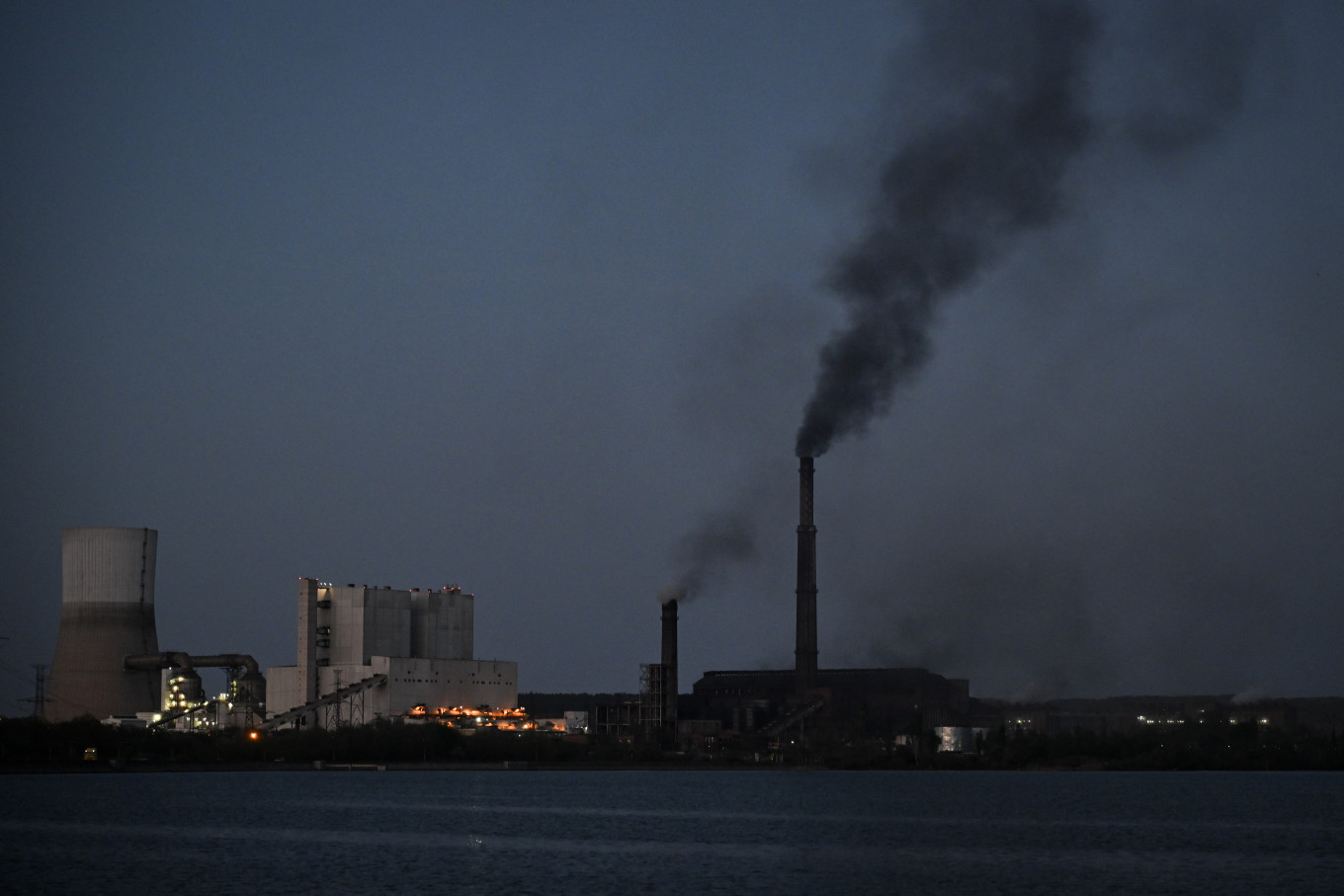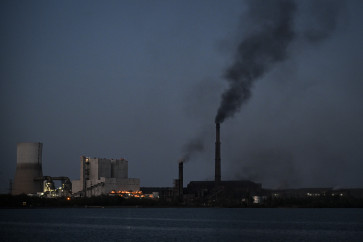Popular Reads
Top Results
Can't find what you're looking for?
View all search resultsPopular Reads
Top Results
Can't find what you're looking for?
View all search resultsRethinking Europe’s carbon border adjustment mechanism
By applying a one-size-fits-all carbon-pricing regime to countries with vastly different capacities, the European Union’s Carbon Border Adjustment Mechanism undermines the principles of a just energy transition.
Change text size
Gift Premium Articles
to Anyone
A
s the climate crisis escalates, the European Union and the United Kingdom are moving forward with their Carbon Border Adjustment Mechanism (CBAM), promoting it as a landmark tool linking trade and climate policy. But the CBAM’s ambitious aims are now meeting a growing backlash.
The CBAM puts a price on the carbon content of emissions-intensive imports like steel, aluminum and cement. The goal is to reinforce the EU’s Emissions Trading System (ETS) and create a level playing field between domestic and foreign producers, thereby incentivizing greener production practices worldwide.
Despite the European Parliament’s support for recent proposals to simplify the CBAM, its current design and pace of implementation risk undermining its legitimacy. Rather than advancing a fair and equitable energy transition, it could stoke trade tensions and fuel economic fragmentation, exacerbate inequality and deliver only limited climate benefits.
The transition phase, which began in October 2023, requires importers to report carbon dioxide (CO2) emissions associated with their goods, but does not require them to pay. That will change in January 2027, when the CBAM’s levies on carbon-intensive imports take effect.
Most countries in the Global South, particularly major exporters to the EU, are unprepared for this shift, because they lack the technical capacity to track and report embedded CO2 emissions, the institutional infrastructure to verify them and the fiscal space to absorb the costs of compliance. These are some of the symptoms of a deeply unequal global system in which the burdens of climate action have not been fairly distributed.
However commendable the CBAM’s stated goals may be, its inherent asymmetries must not be overlooked. Applying a uniform carbon-pricing regime to countries with vastly different capacities undermines the principles of a just energy transition and erodes the legitimacy of global climate action by placing a disproportionate burden on those least responsible for the crisis.
Many developing economies are still recovering from the COVID-19 pandemic and struggling with rising public debt, in addition to being acutely vulnerable to climate shocks. Now, they are expected to comply with EU and UK standards despite lacking access to robust emissions data systems, clean technologies, regulatory infrastructure and adequate climate finance.



















